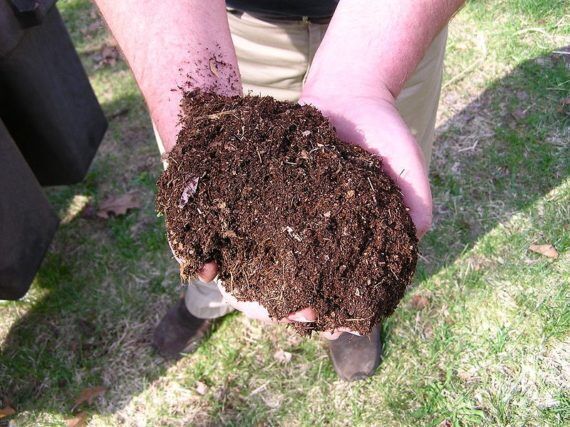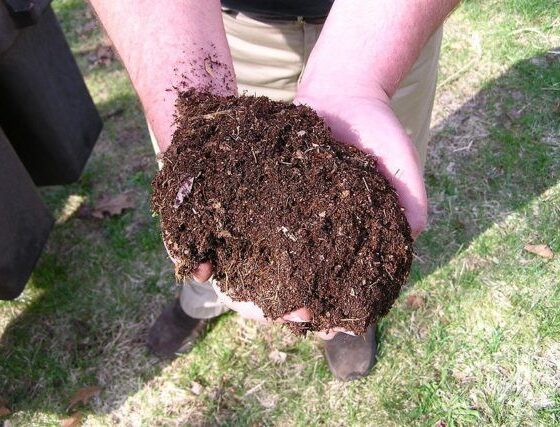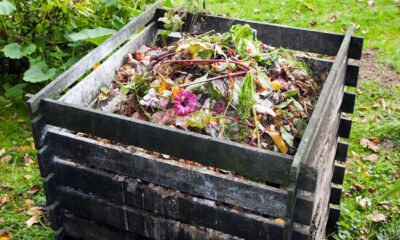

Environment
Why businesses should invest in composting their waste
As consumers, potential clients, and your current staff become more environmentally conscious, your business’s green credentials are going to be increasingly closely scrutinised. The larger the company you own or work for, the truer this is.
As a result, sustainability is high on the list of many business’s priorities. Despite this, composting is rarely considered by businesses as a way to reduce their carbon emissions and help the planet.
While many of us are well aware of the damage being caused by global warming, one area that is frequently overlooked is the huge amount of food being wasted in the UK — despite the Waste and Resources Action Programme (WRAP) estimating around 10 million tonnes of perfectly good food went to waste between 2013 and 2016. As we spend a good portion of our time in the workplace, our efforts to be environmentally conscious shouldn’t stop when we enter the office, and it is UK business’ duty to provide the frameworks that people can use to compost their unused food rather than waste it.
With that being said, what are the benefits of investing in composting for companies?
Firstly, providing the infrastructure and equipment to facilitate and encourage the composting of food waste within your workplace will improve your company’s green credentials. This will make your business a more attractive place to work for both existing and potential employees, and it can be utilised in your marketing materials, which could help you land more clients or customers. In this day and age, people want to work for, do business with, and buy from companies who do their bit for the environment — adding a composting scheme to your existing green efforts can help your business in all of these areas.
Starting a composting scheme in your workplace can be as simple as purchasing a compost bin and a few caddies that your staff can deposit their compostable food waste into. A few posters and emails will be enough to advertise the new system, and it can be a good idea to put a trusted employee in charge of adding the waste to the compost bin whenever the caddies get full.
Some businesses may be put off the idea of producing their own compost because they think the equipment will be unsightly or take up a lot of space. However, pick up a handy gadget like a Mantis Compact Compostumbler and it won’t take up too much room or be an eye-sore. Plus, it doesn’t take someone with green fingers to operate it — anyone can simply crank the handle at regular intervals.
What can your business use the compost for?
According to a recent study by Dr Chris Knight of Exeter University, adding one houseplant per square meter of office space can increase workplace productivity by up to 15%. This remarkable statistic shows the importance of plants in an office environment, and you can turn food waste into fertiliser for your workplace greenery. This will keep your office plants nice and healthy, which has the added benefit of helping to keep productivity levels high.
If you work in an office complex, there may be outdoor flower arrangements that also add to your staff’s happiness and productivity levels. Producing your own compost will cut down on the costs of maintaining these flowers, as well as make your employees feel more connected to the garden.
If you own a smaller business with only a handful of staff members, it may not make sense to start composting yourself, as you won’t produce enough food waste to make a meaningful amount of fertiliser. However, this doesn’t mean the food you and your employees don’t consume needs to go completely to waste — download a free app called OLIO and you’ll be able to share your surplus food with local residents rather than throw it away. This app allows even the smallest businesses to do their bit for the planet by cutting down on their food waste.
Hopefully this article has provided food for thought for any business owners interested in improving the sustainability of their business. Composting is rarely considered as an option for workplaces, but it provides a simple and elegant solution to the UK’s food waste problem, and offers a great way for companies to reduce their carbon footprint even further.


 Environment12 months ago
Environment12 months agoAre Polymer Banknotes: an Eco-Friendly Trend or a Groundswell?

 Features11 months ago
Features11 months agoEco-Friendly Cryptocurrencies: Sustainable Investment Choices

 Features12 months ago
Features12 months agoEco-Friendly Crypto Traders Must Find the Right Exchange

 Energy11 months ago
Energy11 months agoThe Growing Role of Solar Panels in Ireland’s Energy Future




























